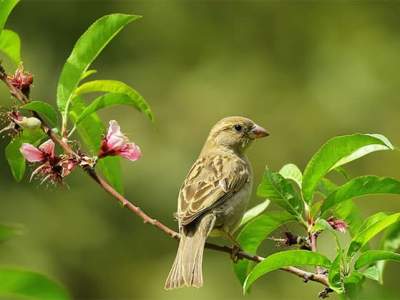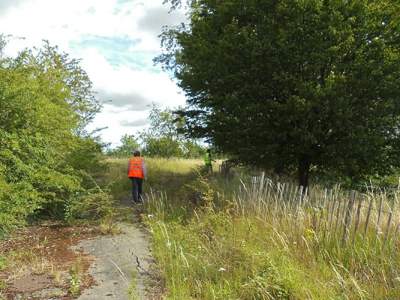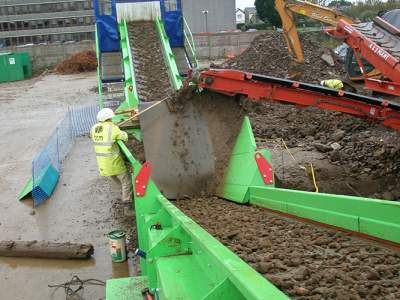
Liverpool residential property case study
If you’re a keen nature-lover like our client Janet, read on the learn how Japanese knotweed harms other species.

Giant Hogweed (Heracleum Mantegazzianum) is an invasive and highly toxic plant that has severe safety issues when in close contact with humans and animals. It was introduced as an ornamental plant by the Victorians.
Its appearance is similar to cow parsley but on an enormous scale, growing up to 6 metres in height. Foliage creates a dense canopy over surrounding land, smothering native flora and seriously affecting biodiversity. Giant Hogweed thrives beside watercourses, causing erosion of riverbanks.
TCM offer a range of Giant Hogweed removal solutions and management plans for residential customers and commercial businesses. If you are home or land owner who is concerned about the presence of Giant Hogweed at your site, get in touch with TCM to discuss be most appropriate treatment option for location.
The watery sap of the plant contains harmful toxins (known as furanocoumarins) that cause photo-dermatitis and can cause blindness. After exposure to sunlight, painful blistering occurs where the sap has come into contact with skin. The effects may not become apparent for up to 48 hours after contact with the sap/stem but a reaction may also occur within just 15 minutes of contact.
TCM supply eradication solutions for homeowner. If you have Japanese Knotweed on your land, or your buyer’s mortgage has been refused - we can help. Contact us today.
RESIDENTIAL SOLUTIONSTCM deliver science based knotweed removal solutions to a wide range of industries and organisations including construction, rail, road, the London Overground, property developers, local councils and more.
COMMERCIAL SOLUTIONS
Howard Downer, AKA Dr. Knotweed, has over 20 years of experience as an Environmental Consultant and is regarded by his peers as one of the most knowledgeable people in the Japanese knotweed industry.
Follow Dr. Knotweed to hear about the latest developments regarding Japanese knotweed and the implications of infestation.

If you’re a keen nature-lover like our client Janet, read on the learn how Japanese knotweed harms other species.

Mortgage lenders are reluctant to invest in land and property compromised by Japanese knotweed.

TCM had a lot to get done in a single week. The blessing was that no Japanese knotweed was found on the development site!

St Albans in Hertfordshire is a Japanese knotweed hotspot, so TCM were called to the development site to eradicate the plant once and for all.